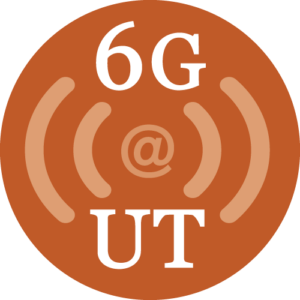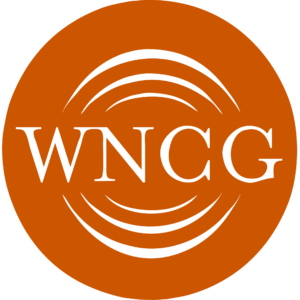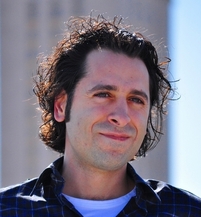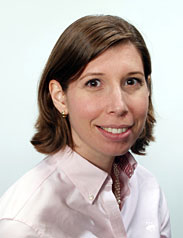“Satelite navigation systems are at risk from criminals, terrorists or even just bored teenagers, with the potential to cause major incidents from maritime disasters to chaos in financial markets, leading experts warned on Wednesday. From maps on car dashboards and mobile phones, to road tolls, aviation and marine navigation systems and even financial exchanges, much of modern life relies on Global Navigation Satelite Systems (GNSS) that use satelite signals to find a location or keep exact time.”
Continue reading the Reuters article, which features an interview with Dr. Humphreys on GPS spoofing.
The article has also been published by DailyMail, Yahoo! Finance, MSN, The Baltimore Sun, CNBC, International Business Times, and Chicago Tribune.










